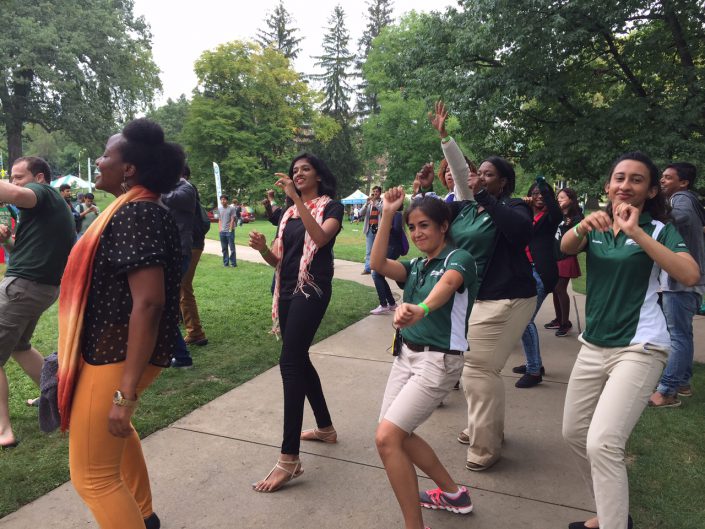
(And as far as I know, the field I'm entering makes a decent amount of money, definitely enough to have a satisfying life. Just my opinion, but I'd rather enjoy what I'm doing and making less than hating what I'm doing for a fatter paycheck. Its a bummer that people rather slave through a major they don't like just to get a job they think will solve their issues. Spend your first year trying to find what really interests you, something you can be passionate about. I know a few who end up doing nothing related to their degree.

The programs, professors, projects, services you involve yourself in help way more than the piece of paper you'll get after you leave.Īnother piece of advice, don't let your major tunnel vision your opportunities. Find something that interests you and TAKE ADVANTAGE of what the university provides. In the end, as with college as a whole, education is a means to an end.

I argue that some of the benefits of the decision I have made as opposed to being a CompSci major is that I can apply a lot of the stuff I've learned in the other CogSci core classes to my spec. I'm an Human-Computer Interaction spec and am going into the UX field. Allowed electives include courses in cognitive development, language, laboratory research of cognition, anthropology, and sociology. I have friends becoming Physicians Assistants with the Neuro spec, some going into Computation and Data/Information systems modeling with the Computation spec, others going into Graduate school focusing on linguistics/behavior with the Human Cognition behavior. This area of specialization is intended for majors whose primary interests include human psychology and applications of cognitive science in design and engineering.

That's where the specializations help out, if a particular branch of CogSci fascinates you, then pick up that specialization. Completing the major should give you plenty of knowledge in many different fields of interest. A major goal of the first COGS funding period (COGS 1) has been to. Hopefully you will come out the other end with some new ideas and habits to help you avoid similar traps in your life and career.The beauty of CogSci is its broad field applications. To ensure that each site is testing according to protocol, UCSD hosted an initial. Space shuttles explode, lost COVID-19 data costs lives, and AI programs are racist. We will examine some common ways that our minds and our tools cause failure through examples of disasters and mishaps. Science, technology, engineering, business, and even getting a university degree are human activities that need data. Restriction: Cognitive Sciences Majors have first consideration for. MAE 8, MAE 9, COGS 9, COGS 10, COGS 18, ECE 15, NANO 15, CENG 15, or any CSE upper-division course not used to fulfill other degree.
#Cogs ucsd major how to#
Why do humans, individually and in groups, attribute natural events to supernatural agents? How does the human brain accept religious beliefs, even in the face of contradictory evidence? We will examine how cognitive, developmental, and cultural factors work together to cause humans to believe in the supernatural.ĬOGS 87 (B00): How to be wrong: Case studies in human failure, borked tools, and bad data | Professor Jason Fleischer Serves as first introduction to computer programming using the R language. Computer Science (CS 26): Major Checklist, Fall 2021 ALL major requirements must be taken for letter grade AND passed with a C- or better with the exceptions of: CSE 91, CSE 197, CSE 198, and CSE 199.

COGS 87 (A00): How Minds and Groups Make Religion and Superstition | Professor Gedeon Deak


 0 kommentar(er)
0 kommentar(er)
